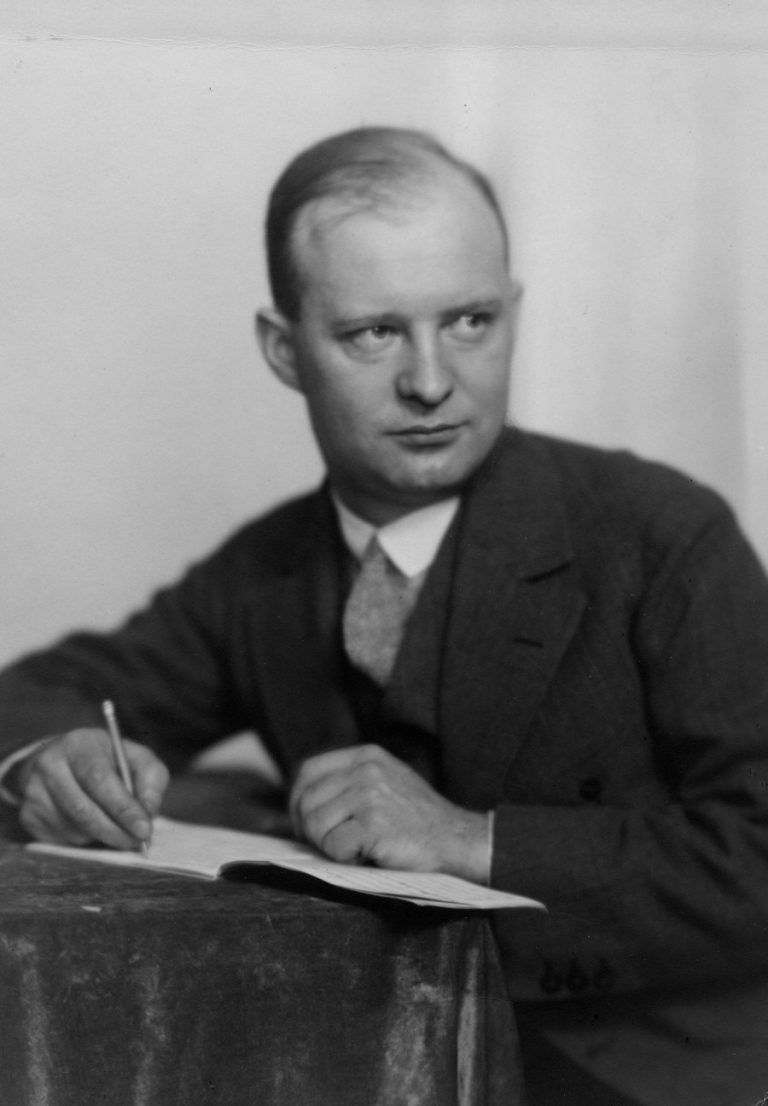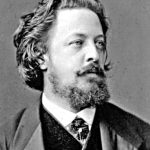Date of Birth: November 16, 1895
Zodiac Sign: Scorpio
Date of Death: December 28, 1963
Biography
Paul Hindemith was a renowned German composer, violist, violinist, and conductor who made significant contributions to 20th-century classical music. Born in Hanau, Germany, Hindemith’s musical journey began at an early age when he started receiving violin lessons. His formal education took place at the Hoch Conservatory in Frankfurt, where he studied under Arnold Mendelssohn and Bernhard Sekles. Hindemith’s early career was marked by his role as a violinist in various orchestras, including the Frankfurt Opera Orchestra. As he evolved as a composer, his works began to reflect a departure from the late Romantic style, moving towards more modernist and neoclassical influences. His compositions include a wide range of genres, from operas and ballets to orchestral works and chamber music. One of Hindemith’s most influential periods was during his tenure as a professor at the Berlin Hochschule für Musik, where he taught from 1927 until 1934. His career in Germany was cut short by the rise of the Nazi regime, which labeled his music as “degenerate.” Hindemith emigrated to Switzerland and later to the United States, where he joined the faculty at Yale University and continued his influential teaching and composing career. Hindemith’s theoretical work, most notably his book “The Craft of Musical Composition,” remains a cornerstone in music education. He continued to compose, teach, and conduct until his death in 1963.
5 Interesting Facts about Paul Hindemith
1. Hindemith was a multi-instrumentalist, proficient not only in the violin and viola but also in the piano, clarinet, and several other instruments.
2. He was one of the key figures in the development of Gebrauchsmusik, or “utility music,” which aimed to create music for specific, practical purposes rather than for purely artistic ones.
3. His opera “Mathis der Maler,” based on the life of the painter Matthias Grünewald, is considered a significant work in 20th-century opera.
4. Hindemith’s music was banned by the Nazi regime, and he was labeled as a “cultural Bolshevik.”
5. He was a founding member of the “Amar Quartet,” a string quartet that premiered many of his works and other contemporary compositions.
5 Most Interesting Quotes from Paul Hindemith
1. “People who make music together cannot be enemies, at least while the music lasts.”
2. “There are only twelve tones and they need to be treated carefully.”
3. “Music, as long as it is music, cannot be controlled by the state.”
4. “I am a craftsman who works with form, sound, and silence.”
5. “Every piece of music should have a clear structure and purpose.”
Highest Net Worth Achieved
Hindemith’s highest net worth is not well-documented, but his contributions to music and his successful career as a composer, teacher, and conductor suggest he was comfortably well-off.
Children
Paul Hindemith did not have any children.
Relevant Links
1. [Paul Hindemith on Wikipedia](https://en.wikipedia.org/wiki/Paul_Hindemith
2. [Biography on Britannica](https://www.britannica.com/biography/Paul-Hindemith
3. [The Paul Hindemith Foundation](https://www.hindemith.info/en/
4. [Hindemith’s works on IMSLP](https://imslp.org/wiki/Category:Hindemith,_Paul
5. [Paul Hindemith on AllMusic](https://www.allmusic.com/artist/paul-hindemith-mn0000017761

